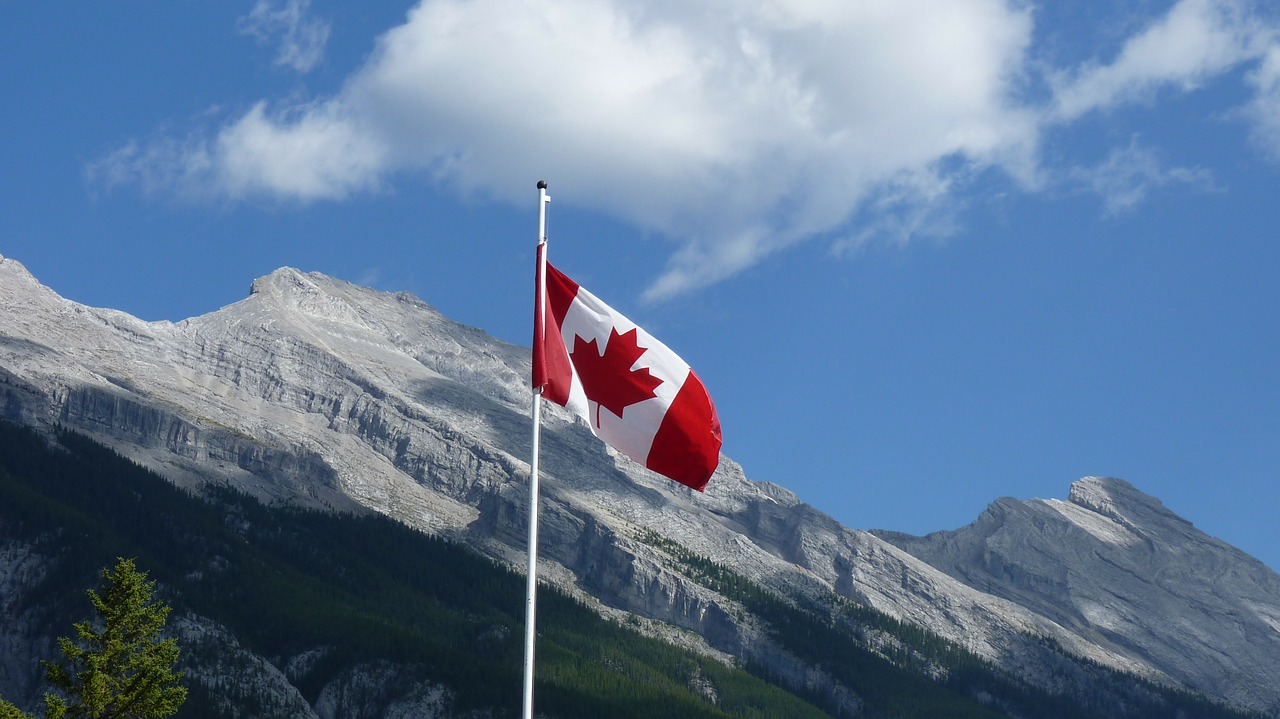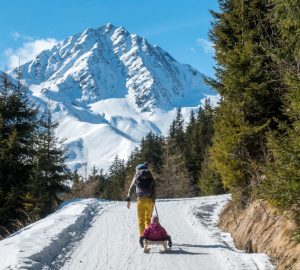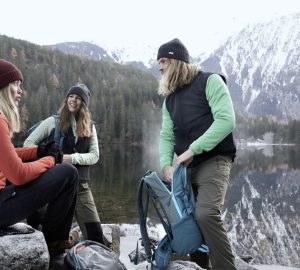Culturally, Canada is so similar to us that a cultural etiquette article is not really needed. Nevertheless, there are rules of conduct that are more important in Canada than elsewhere. Therefore, we have summarized the most important points on how to behave correctly on your forays through the Canadian wilderness.
As one of the most desired countries for outdoor lovers, Canada is also one of the easiest countries to travel to – at least for Europeans. With an EU passport you can enter visa-free and lose yourself in the endless wilderness of the country.
With its numerous national parks, deep forests, and sparsely populated Arctic north, Canada offers endless opportunities to leave civilization behind for days, weeks, or even months at a time – all supported by a top infrastructure found only in highly developed industrialized nations. The widely ramified bus network as well as the camping facilities in national parks are internationally unparalleled.
A Country of Western Culture – With Special Aspects
You will definitely meet other cultures and their customs in Canada. Nevertheless, the rules of conduct are similar to ours.
Sensitivity is required when dealing with the First Nations, the indigenous population of Canada, who in the past suffered the same fate as the US natives. It is certainly not a mistake to inform oneself in advance about this sensitive topic in order to avoid unintentionally putting one’s foot in one’s mouth.
For completely different reasons, but also potentially challenging to deal with, are the French Canadians in Québec. French is clearly the main language here. In some areas of Canada, French is the only language spoken. This means that you will not be able to talk to the local population even in English.
The effort to break away from Canada is widespread in Québec. Just culturally the local population tries to distinguish itself from the English speaking part of the country. Definitely an exciting part of Canada!
Apart from small differences, you can rely on your own good upbringing. For this reason, in this article we will write about a very specific outdoor topic: how to behave appropriately in the Canadian wilderness.
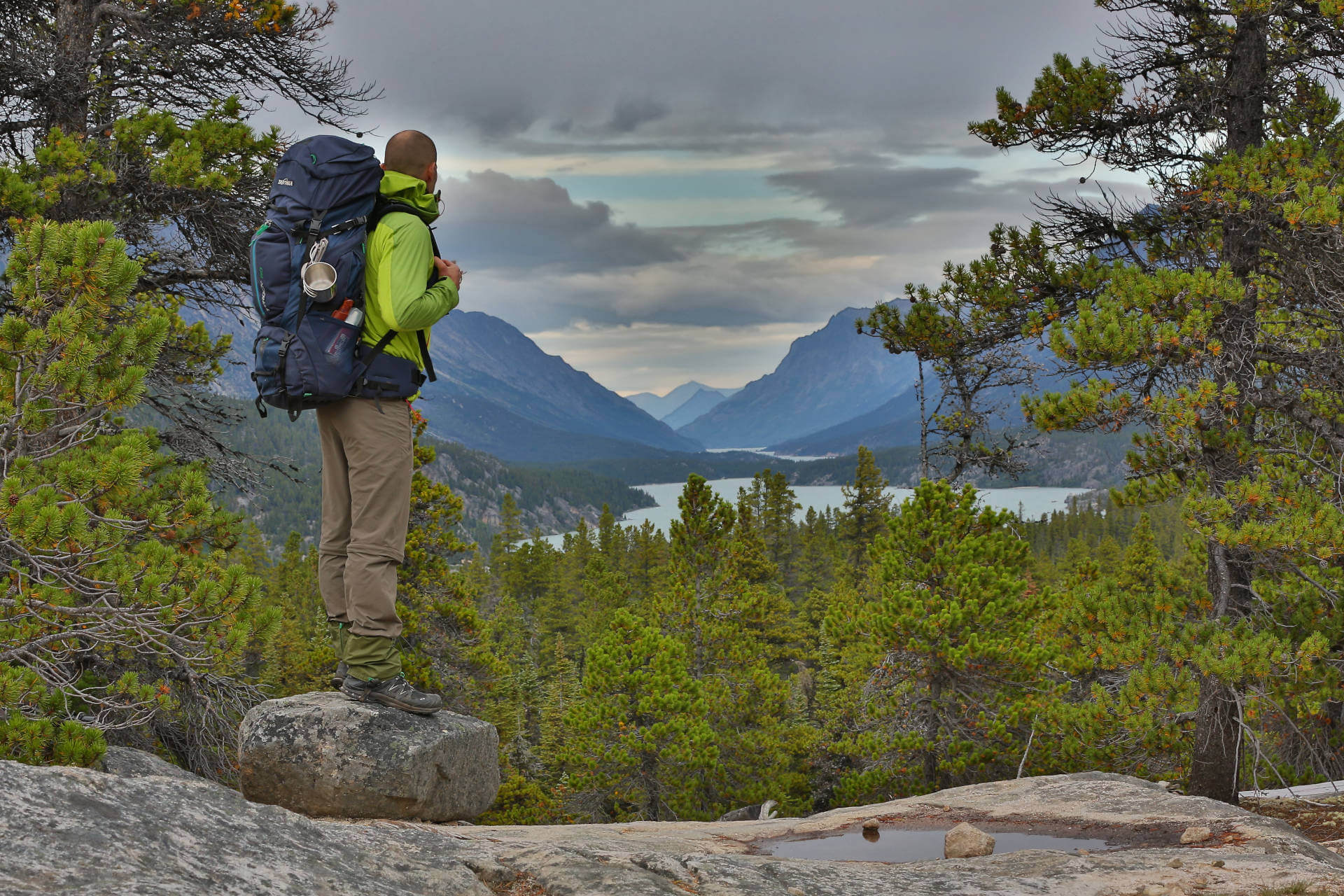
Reading tip: Five days on the Chilkoot Trail – We are in Bear Country!
A Guest in the Wilderness – This is How you Behave Correctly
One basic thing first: you are a guest in the habitat of wild animals, not the other way around. So behave respectfully and carefully. Incidents are usually not due to animal misbehavior.
If you plan to be out in the wild, keep the following rules in mind:
Dealing with Animals in the Wild
Check with local authorities and tourist information to see if there are any wild animals in your chosen area. If you think you have approached a wild animal: give it enough space to retreat. Ideally, you should not be alone, and you should draw attention to yourself by speaking and singing loudly. This way you warn the animal in time. Always remember: In case of doubt, your survival and that of the animal is at stake.
If you come across animal feces, paw prints or clawed tree trunks, this is an indication that you have entered the bear’s territory. It’s best to leave the area immediately and quietly. The same applies if you find a large animal carcass.
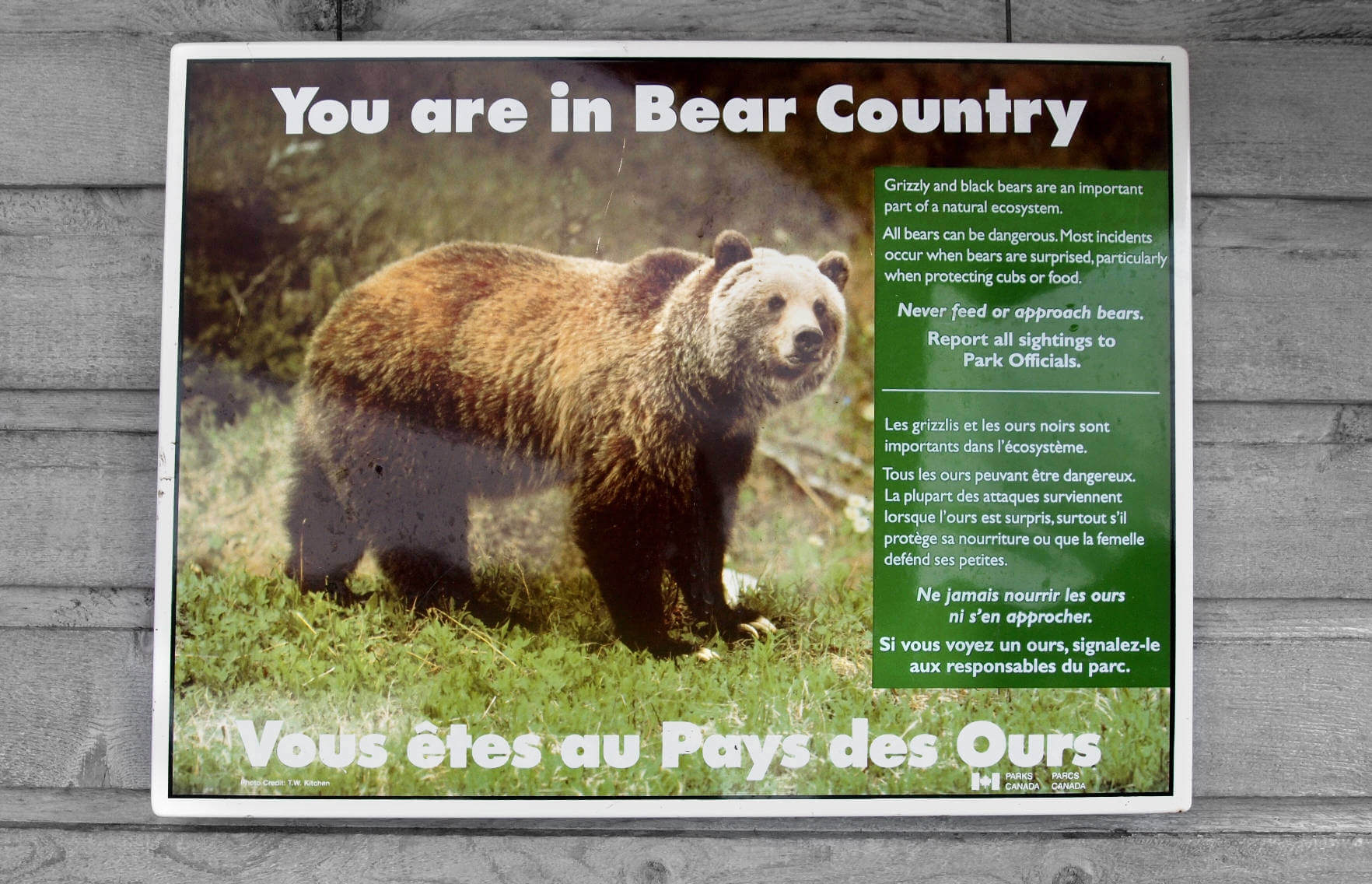
Camping in the Wilderness
The reason animals approach your camp is often because they smell tempting food. Therefore, make sure that you do not take smelly things into your tent. This includes food and garbage, but also hygiene products like toothpaste. In general, everything should always be well closed and stowed away. If you have the opportunity to store your supplies in a locker or bear boxes at a campsite, use them.
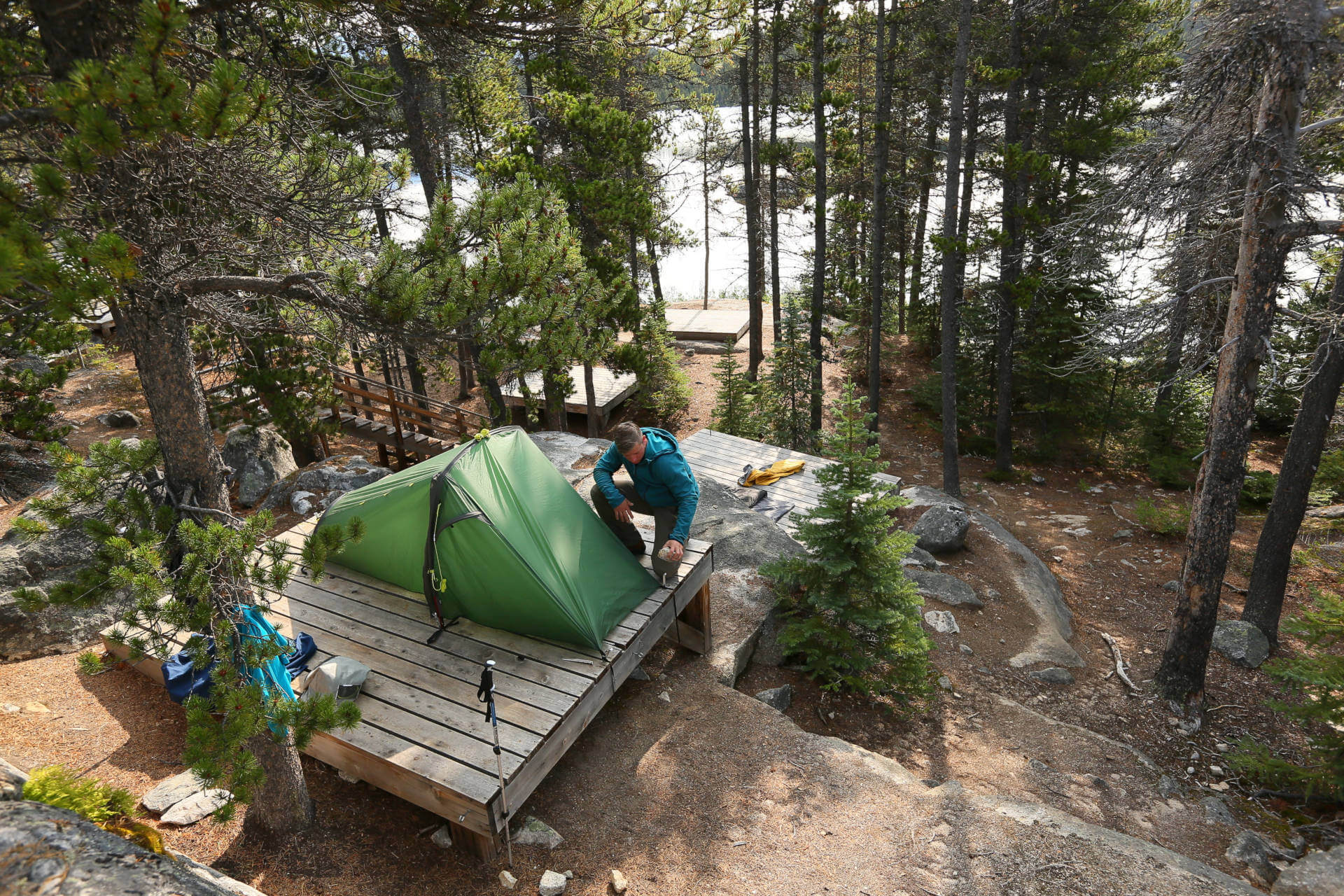
In the wilderness, it is recommended that you hang your supplies and trash on a rope above the ground. Four meters should be enough. There should be as much distance as possible between your tent, hung supplies, and cooking areas.
If you are fishing for food in the wilderness, remember to dispose of the entrails of your catch in streams with fast currents. Alternatively, in a deep spot in the lake. Do not dispose of them near the shore! You will attract hungry bears.
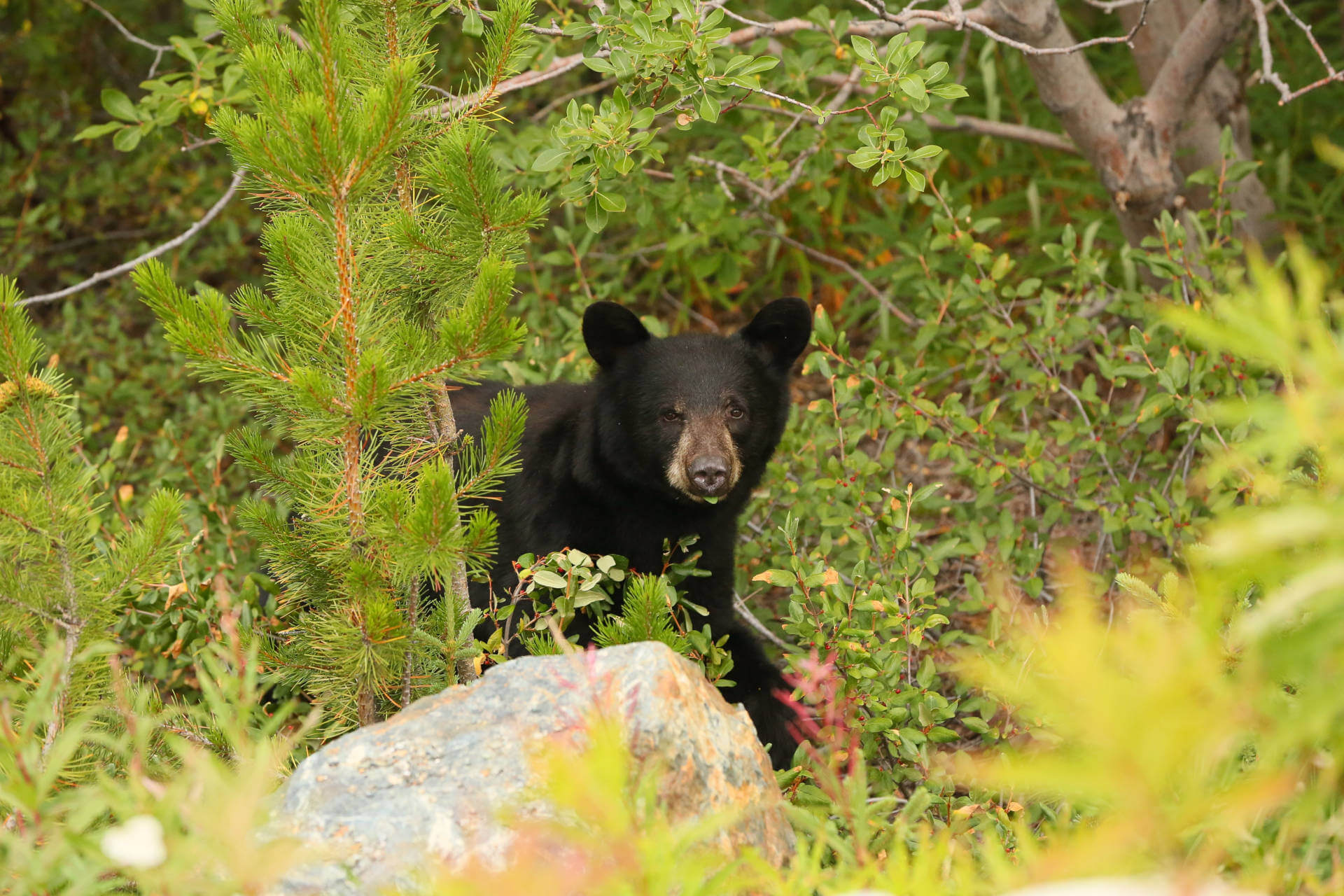
Take Food with you, we’re going to – Canada
The farther you get from Canada’s metropolitan areas, the more difficult it will be to get living supplies. Stock up on enough food and drink early. And if you are traveling by car or RV, be sure to have a spare can of fuel.
We are used to problems with mobile network coverage in Germany. This is no different in Canada. However, this is more due to the size of the country with its “lonely” regions and less due to the lack of political or entrepreneurial will. Therefore, it is not always possible to call for help in an emergency. You should have a good first aid kit and spare tires with you in any case. In addition, a satellite phone in the car is a must-have for extreme tours. In winter, a shovel is also very useful: the snow masses that bury Canada for months every year cannot be compared to the European ones.
The absolute maxim of any wilderness trip in Canada should be: Safety first! You don’t want to risk your life for a spectacular travel photo – so act like it. We wish you a fantastic trip to Canada.




